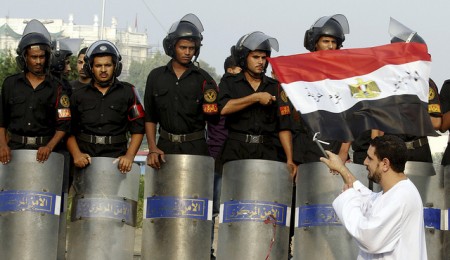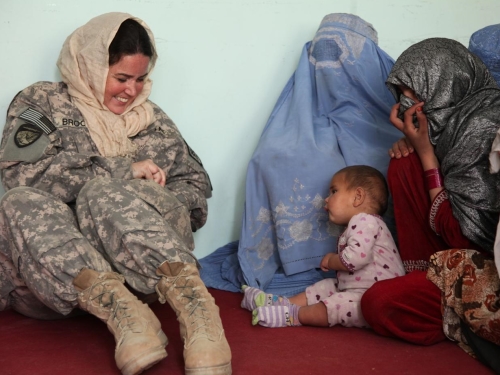
This article was published by War is Boring on 10 March 2017.
Politicians and military officers continue to insist the 2007 troop surge was a glorious success. It wasn’t.
The other day, I found myself flipping through old photos from my time in Iraq. One in particular from October 2006 stood out. I see my 23-year-old self, along with my platoon. We’re still at Camp Buerhing in Kuwait, posing in front of our squadron logo splashed across a huge concrete barrier.
It was a tradition by then, three and a half years after the invasion of neighboring Iraq, for every Army, Marine and even Air Force battalion at that camp to proudly paint its unit emblem on one of those large, ubiquitous barricades.
Gazing at that photo, it’s hard for me to believe that it was taken a decade ago.




